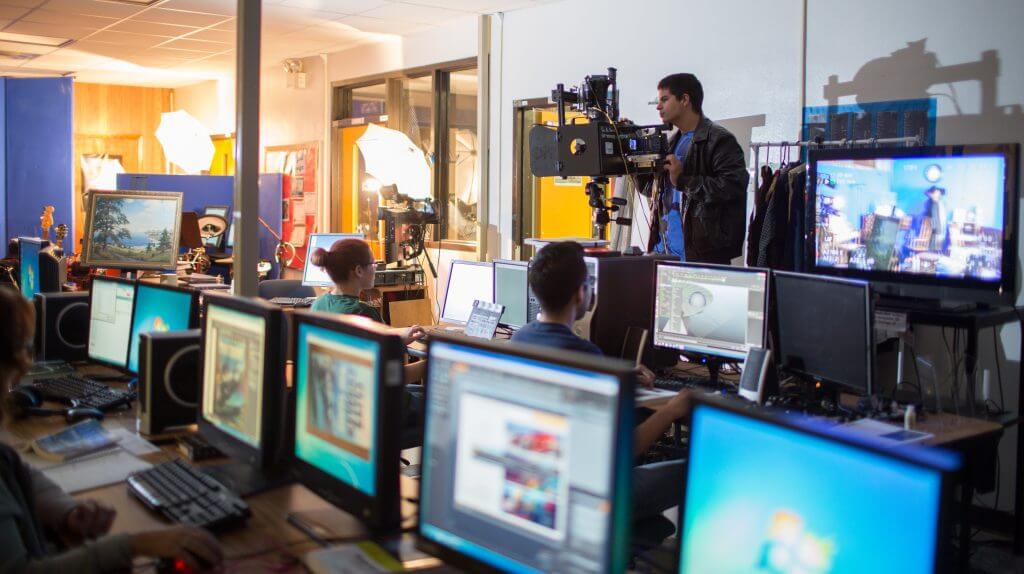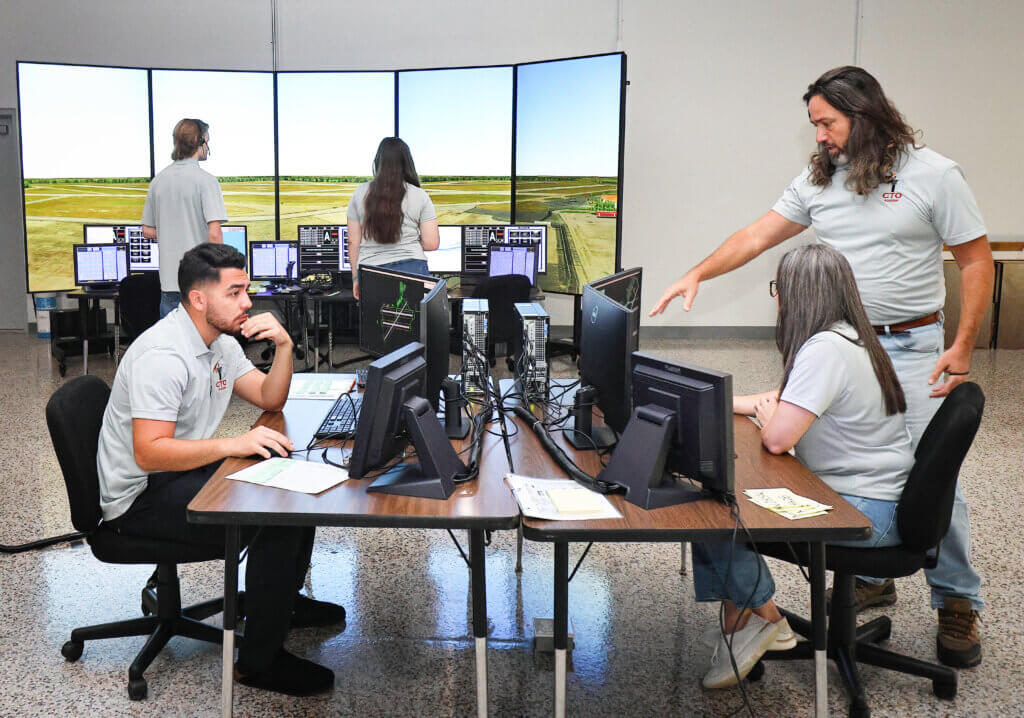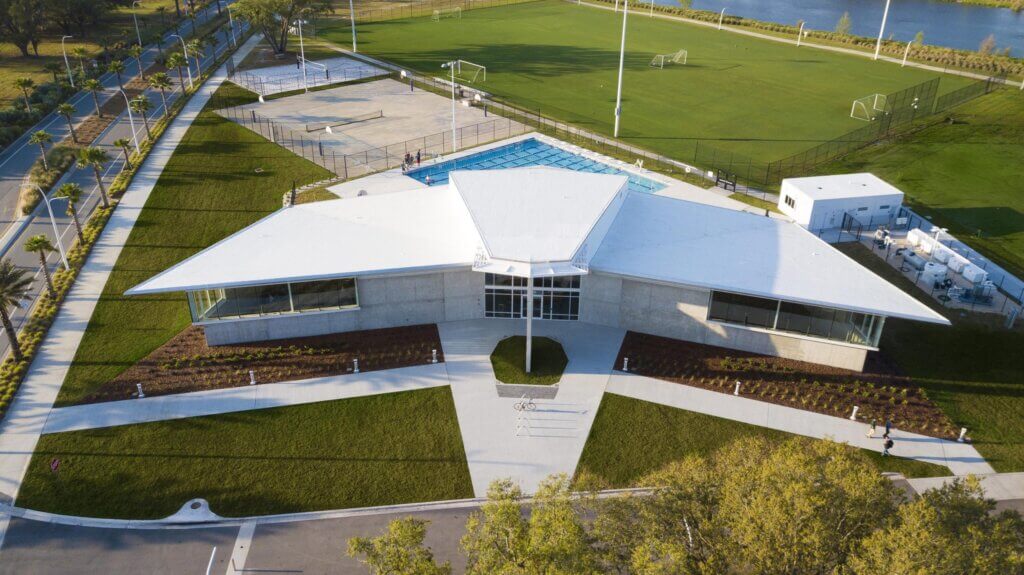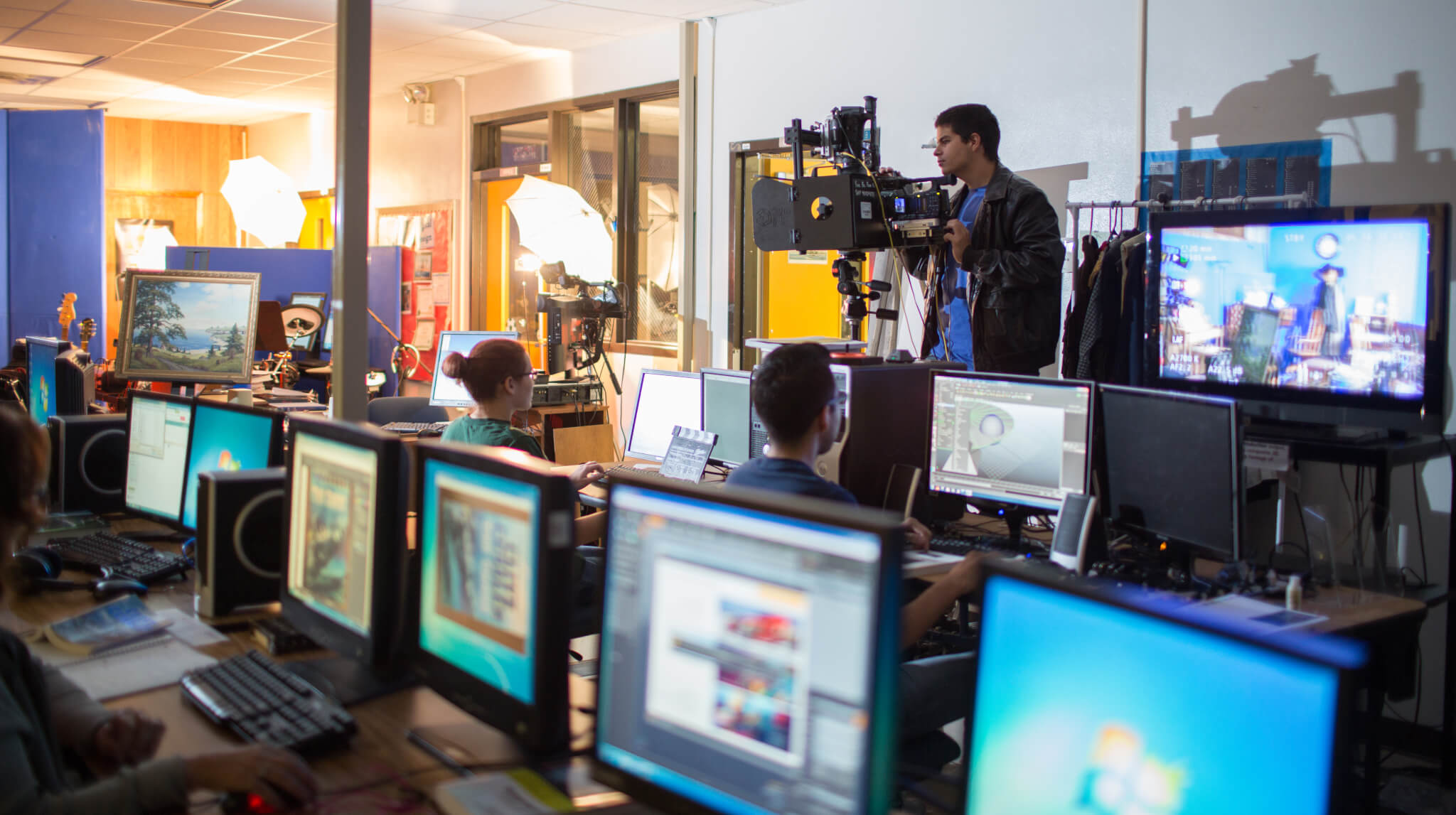Four Reasons Workforce Education is Important in Polk County
“The Polk County School District’s workforce education programs offer countless and invaluable benefits to our students,” said Marc Hutek, assistant superintendent of career, technical, adult and multiple pathways. “Through these programs, students are introduced to potential careers, they begin building skills and earning certifications, and they participate in numerous experiential opportunities, all of which help them prepare for their future employment.”
According to the Polk County School District’s Mission Statement, the mission of Workforce Education is to “educate students to be responsible, productive, competent contributors to the workforce.”
The topics the district focuses on include agriculture, business technology, health, marketing, technology and public service, among others.
Gubernatorial candidate Adam Putnam said in a May 2018 talk in Riverview, Florida that if elected Governor he would like to develop a system that allows students to earn credits in high school for technical classes, much like Advanced Placement classes that transfer to colleges and universities, according to the Tampa Bay Times. In an ad running on local TV, Putnam says not every student wants to go to college, and not every student can afford it. By improving high school workforce education, students have more choices, and businesses have a ready pool from which to hire.
Angela Garcia Falconetti, president of Polk State College, says the college is committed to workforce education, which is important to the community. “Polk State College is dedicated to preparing students for Polk County’s workforce, from associate and baccalaureate degree programs, to certification and short-term training opportunities,” Garcia Falconetti said. “We work closely with local employers and industry leaders to stay on the cutting edge of workforce education, ensuring that our students are equipped with the knowledge and skills they need to be successful in the workplace.” More than 95 percent of the county’s students either attend college or are employed following graduation, she said.
With “70 percent of Polk State’s graduates remaining in Polk County after graduation, the college prides itself on preparing students for professions with competitive wages that fill critical workforce needs in our community,” she said.
Here are four reasons workforce education is important:
- It allows students who don’t want to go to college an alternative. For instance, those who study business technology in high school can be hired as court reporters, IT technicians and more — sometimes right out of high school. Or, they can pursue advanced certificates or degrees at Polk State College or its Corporate College, or technical schools — all without having to go thousands of dollars in debt with student loans.
- It allows growth in emerging and diverse economies. Agritourism is one of those industries, and the School District’s Workforce Education program in agriscience and natural resources prepares students for everything from technical to managerial positions. Manufacturing and logistic courses offer the same opportunities for students who take courses in those fields.
- Many workforce jobs, such as in IT and manufacturing, offer higher-paying salaries. Students who don’t want to attend college don’t have to make minimum wage at a fast-food restaurant. They can get certified in any of a number of programs in high school or technical school, becoming electricians, welders, computer technicians and the like — all earning much more than the minimum.
- Businesses have a ready-made workforce to tap into when hiring, especially following expansions. Polk State College, among others, are quick to adapt to the needs of the local economy and offer courses that assist employers. In turn, that helps students land jobs. Logistics and medical-field jobs are two areas where local colleges have helped fill jobs by offering specialized training quickly.
“Our workforce education programs and career academies help keep students engaged in their education because what they’re learning in class becomes applicable to the real world,” Hutek said. “Through specialized education programs, students develop professionally and personally, and are better equipped to succeed in their chosen career fields when they graduate high school.”

Related Posts



